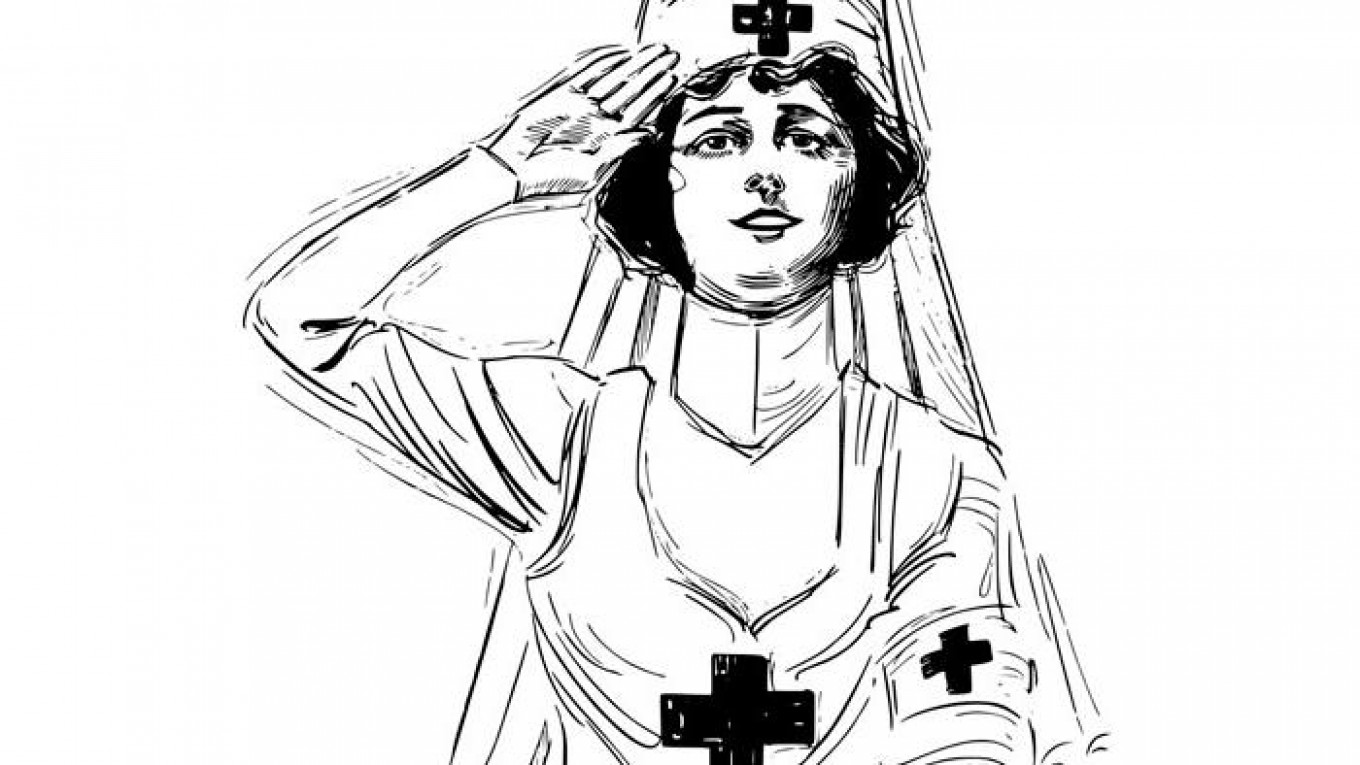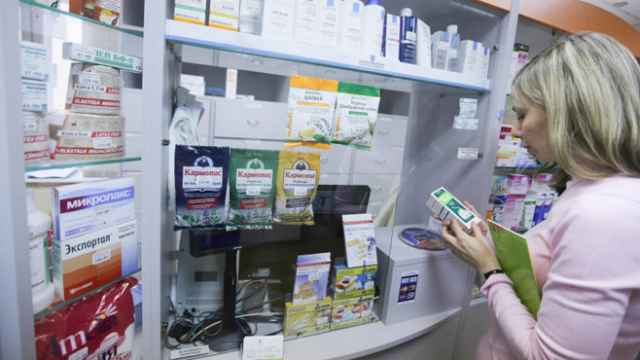A nurse in Russia's Far East has been accused by local authorities of stealing vital medicine for cancer patients, according to a statement posted on the website of the regional Prosecutor's Office.
The employee at an oncology center in the Amur region is believed to have systematically stolen drugs worth more than 1 million rubles ($15,700) between January 2015 and October 2016.
The medicine was then reportedly smuggled out of the hospital and resold in Moscow, according to the statement.
The Russian government extended its list of approved painkillers in July after cancer patients in Moscow faced shortages of certain medications over the summer.
Pressure groups have long campaigned for cancer patients to receive easier access to drugs across Russia, with many claiming that current rules have led to a number of suicides among terminally ill people. According to Podari Zhizn, a foundation which helps cancer patients obtain pain medication, just 20-30 percent of patients receive the painkillers they need.
A Message from The Moscow Times:
Dear readers,
We are facing unprecedented challenges. Russia's Prosecutor General's Office has designated The Moscow Times as an "undesirable" organization, criminalizing our work and putting our staff at risk of prosecution. This follows our earlier unjust labeling as a "foreign agent."
These actions are direct attempts to silence independent journalism in Russia. The authorities claim our work "discredits the decisions of the Russian leadership." We see things differently: we strive to provide accurate, unbiased reporting on Russia.
We, the journalists of The Moscow Times, refuse to be silenced. But to continue our work, we need your help.
Your support, no matter how small, makes a world of difference. If you can, please support us monthly starting from just $2. It's quick to set up, and every contribution makes a significant impact.
By supporting The Moscow Times, you're defending open, independent journalism in the face of repression. Thank you for standing with us.
Remind me later.






